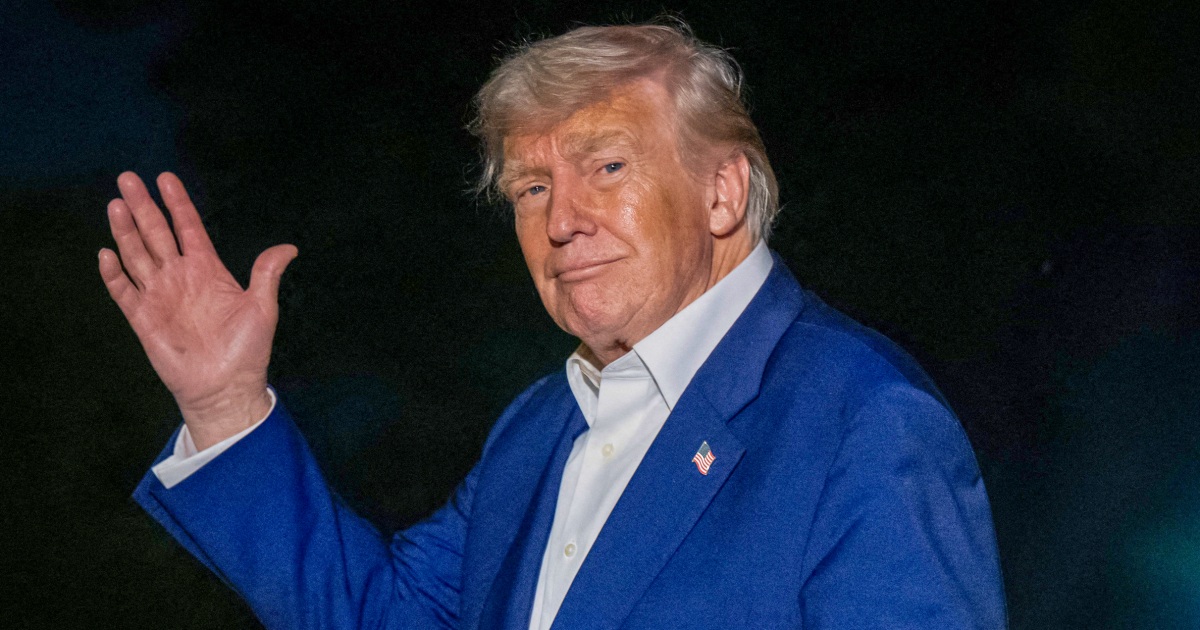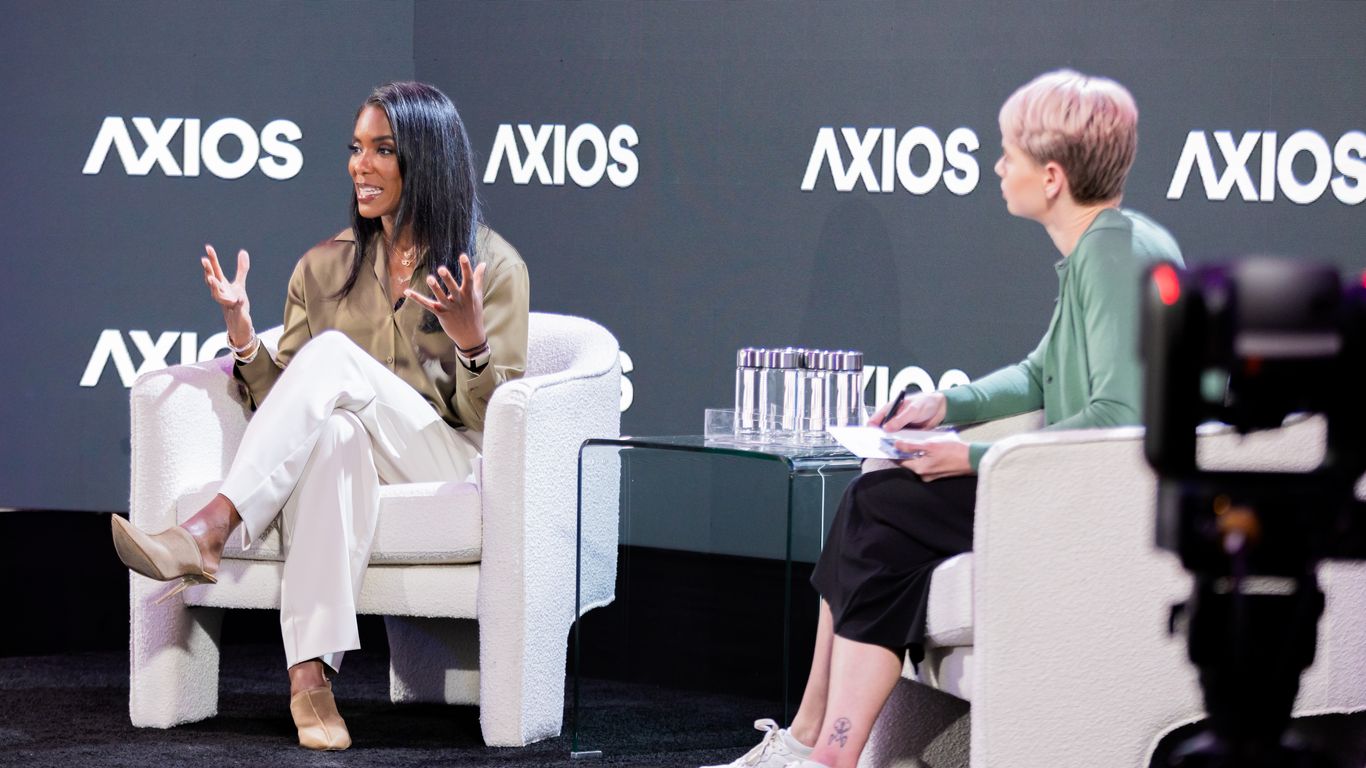Maine Senator Collins Challenges Rubio on Proposed Cuts to Vital Global Health Initiatives

In a recent Senate hearing, Maine Senator Susan Collins pressed Secretary of State Marco Rubio regarding proposed budget cuts impacting crucial global health programs. The exchange, which occurred during Rubio's testimony before two Senate committees, highlights growing concerns about the potential ramifications of these cuts on international health security and development. Simultaneously, Robert F. Kennedy Jr., the Secretary of Health and Human Services, faced scrutiny from a budget subcommittee on related issues.
Senator Collins, known for her bipartisan approach and focus on healthcare, voiced her apprehension over the planned reductions. She argued that these programs are essential for preventing the spread of infectious diseases, strengthening healthcare systems in developing nations, and addressing global health emergencies. She specifically questioned Rubio on the potential impact on ongoing efforts to combat diseases like malaria, tuberculosis, and HIV/AIDS, emphasizing the long-term consequences of weakening these initiatives.
Rubio, in his response, defended the proposed cuts as necessary to prioritize domestic needs and reduce the national debt. He argued that while global health is important, the United States has a responsibility to address challenges within its own borders first. He also suggested that other nations should step up and contribute more to global health funding.
The hearing underscored a fundamental disagreement on the role of the United States in global health. Senator Collins and other Democrats expressed concerns that the cuts would not only harm vulnerable populations abroad but also undermine American interests by increasing the risk of future pandemics and instability. They pointed to the COVID-19 pandemic as a stark reminder of the interconnectedness of global health and the importance of investing in international cooperation.
The testimony of Robert F. Kennedy Jr. before the budget subcommittee further complicated the picture. While the details of his testimony remain under review, it is expected to shed light on the potential impact of the proposed cuts on domestic health programs and research. Kennedy’s perspective is particularly relevant given his role in overseeing the nation's healthcare infrastructure.
This debate over global health funding is likely to continue as Congress works to finalize the budget. Senator Collins’ challenge to Secretary Rubio is a significant moment in this discussion, raising important questions about the balance between domestic priorities and the responsibility to address global health challenges. The outcome of this debate will have far-reaching consequences for international health security and development, and will shape the United States’ role in the global community for years to come. Analysts predict that this issue will be a key point of contention throughout the budget negotiation process, with significant lobbying efforts expected from both supporters and opponents of global health funding.
The hearing was widely observed by healthcare advocacy groups and international organizations, who are closely monitoring the progress of the budget negotiations. Many are urging Congress to reconsider the proposed cuts and to prioritize investments in global health programs that are proven to save lives and improve health outcomes around the world.






